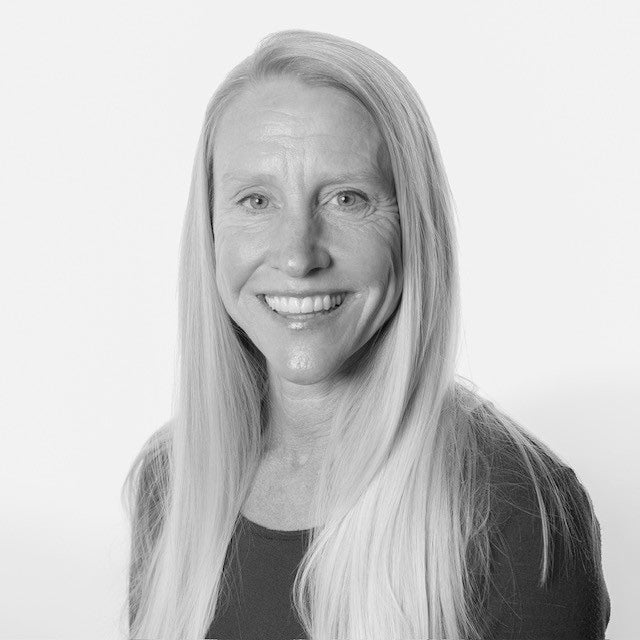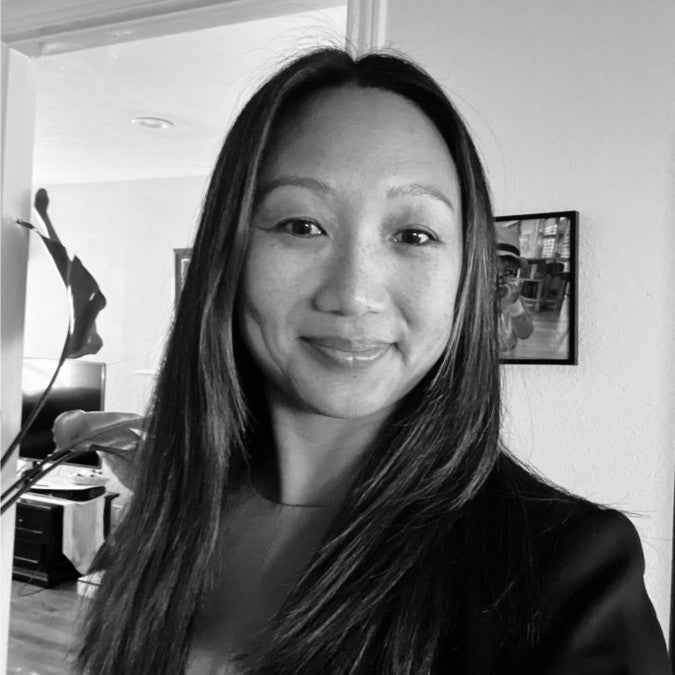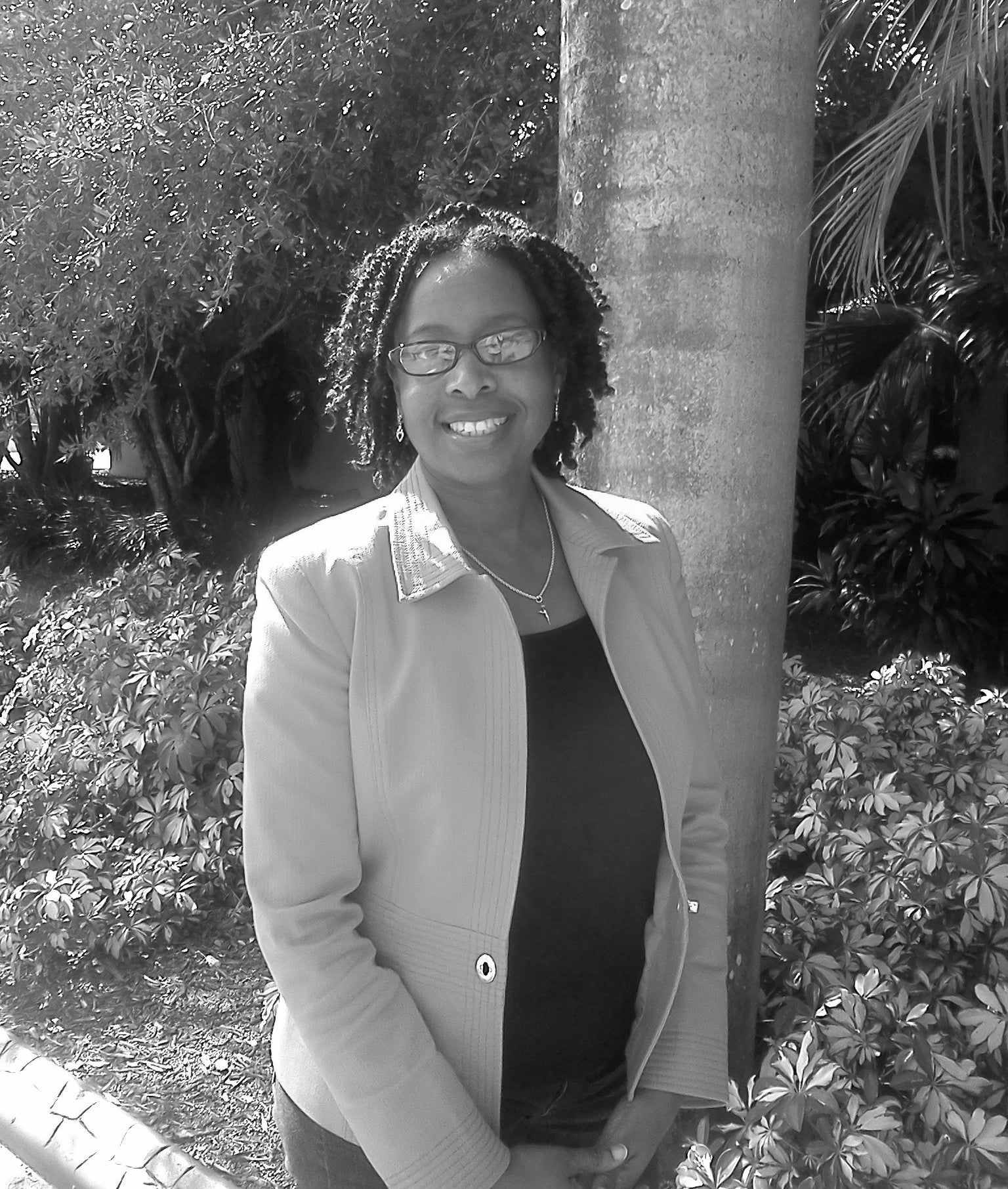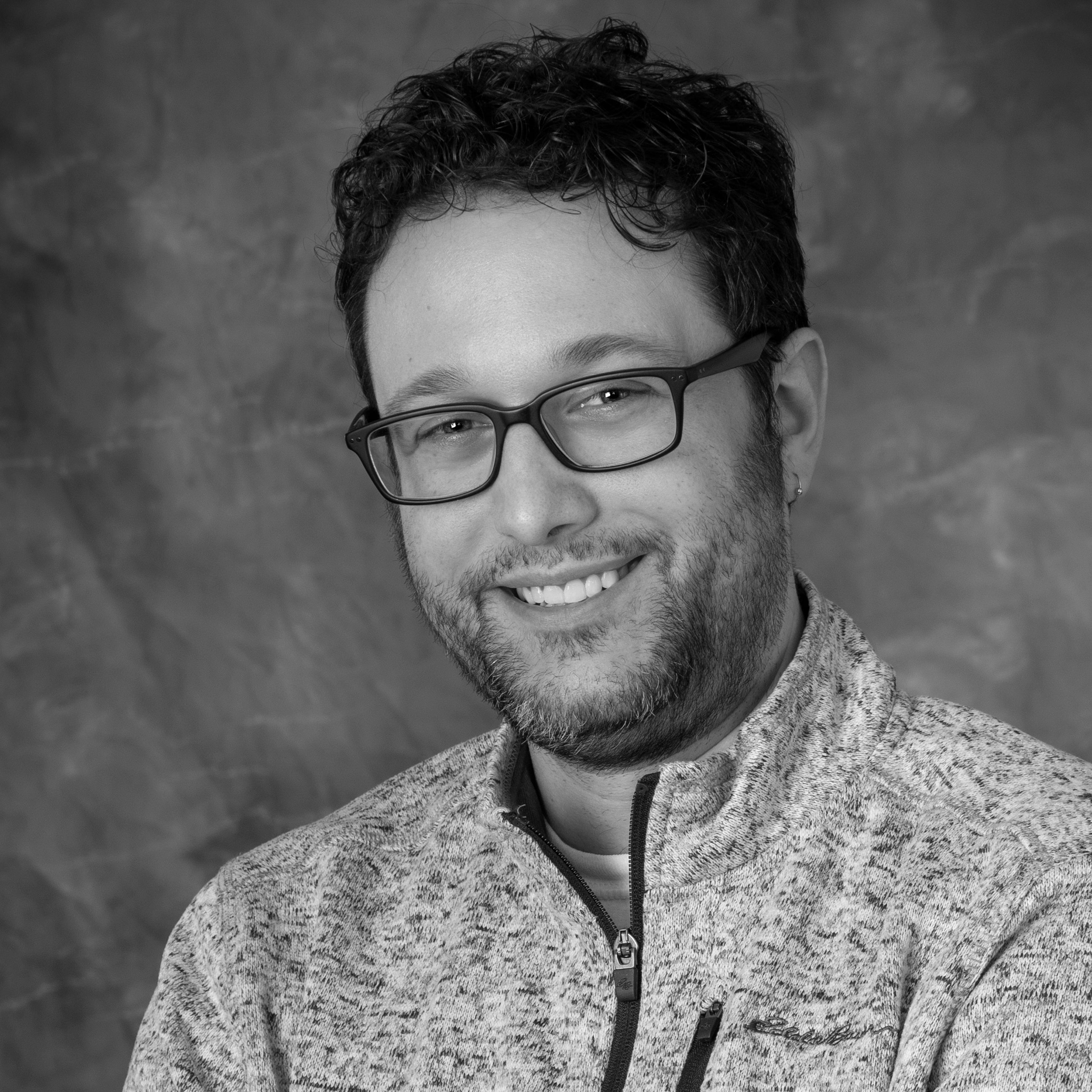Zamzam Dini

Dr. Zamzam Dini (she/her) is an Assistant Professor and core CFT faculty at the Irvine Campus. She holds a PhD in Family Social Science, specializing in Couple and Family Therapy from the University of Minnesota, and is a Licensed Marriage and Family Therapist (LMFT). Dr. Dini’s research focuses on refugee family systems, seeking to understand the nuanced experiences of the different generations in a given family. Dr. Dini has developed a conceptual model, the Refugee Family Trauma and Adaptation (RFTA) Framework, to contextualize the intergenerational transmission of trauma in refugee family systems.
Dr. Dini employs interdisciplinary research to introduce systemic and relational thinking to increase culturally appropriate research methods and narratives when learning about Refugee, Immigrant, and Migrant (RIM) communities, publishing research with scholars from Psychology, Nursing, Sociology, and Communication fields. Dr. Dini’s clinical work primarily focuses on treating chronic and complex PTSD using evidence-based clinical interventions like Narrative Exposure Therapy (NET) and Brainspotting. Dr. Dini also works with adolescents, families, and couples, trained in PREPARE/ENRICH and Discernment Counseling.
Dr. Dini emphasizes bridging research and practice by providing workshops on trauma and refugee families to immigrant families, school staff, and providers in the community. Dr. Dini is a NET trainer and has been a keynote speaker and state and national professional organizations.
Research Interests:
- refugee, immigrant, and migrant (RIM) family systems;
- Intergenerational relationships
- intergenerational transmission of trauma
- racial and ethnic socialization
- race and acculturation
- acculturative stress
- racial trauma
Clinical Interests:
- trauma (chronic and complex PTSD, refugee trauma, developmental trauma, relational, etc.)
- young adults
- adolescents
- families
- couples
PhD, LMFT
- Practicum
- Diversity and the Family
- Advanced Qualitative Methods
- Assessment
- Law & Ethics
Refereed Journal Articles
- Hoffman, S. J., Fredkove, W. M., Vukovich, M. M., Hsieh, E., Moo, H., Josiah, K., & Dini, Z. (2024). Ushering a Witness: A Psychosocial Theory of Maternal Intrafamily Trauma Communication in the Refugee Family System. Journal of Family Nursing. https://doi.org/10.1177/10748407241301369
- Dini, Z., & Solheim, C.A. (2024). Making Sense of Complexity in Refugee Family Systems: Second-Generation Somali and Hmong Refugee Adults’ Reflections on Their Relationships with Their First-Generation Refugee Parents. International Journal of Systemic Therapy, 1–29. https://doi.org/10.1080/2692398X.2024.2403851
- Dini, Z., Abdi, C., Robinson, B. E., & Connor, J. J. (2024). Cultural Norm Transmission/Disruption amongst Somali Refugee Women: The Beauty and Privilege of Intergenerational Relationships. Social Sciences, 13(8), Article 8. https://doi.org/10.3390/socsci13080432
- Mussa, K. S., Dini, Z., & Bryant, C. (2023). Relational Help-Seeking Among Newlywed African American Couples. Journal of African American Studies, 27(3), 268–282. https://doi.org/10.1007/s12111-023-09632-7
Non-refereed Journal Articles, Essays, or Book Chapters
- Dini, Z., & Song, S. (2023). Nurturing Stronger Families: Parenting Education for Immigrant Parents. Family Focus: Parenting Education. National Council on Family Relations (NCFR).
- Dini, Z., Ibrahim, W. M., Callahan, J. C. (2023). Immigrant and Refugee Families: Theory and Practice. In Hertlein, K.M. (Ed.). The Routledge International Handbook of Couple and Family Therapy. (1st ed.). Routledge. https://doi-org.ezproxy.morris.umn.edu/10.4324/9781003297871











